My Problem With "Minimalism"

My problem with minimalism is that I think the contemporary practice of it has been hijacked and distorted. What does it mean to be a minimalist?
To be a monk and give up worldly possessions? To be a nomad and live out of a backpack while traveling the world? To live in total isolation in the woods with as little as possible?
I believe minimalism looks different for everyone.
In a world that’s messy and chaotic, I think it gives us comfort to have some structure and a set of rules to follow. Like any lifestyle trend, it helps to think about what it means to us and how it applies best to our unique and individual lives.
White walls, clean aesthetics, minimal possessions, and a monochromatic and curated life – the depiction of minimalism is sterile but aspirational.
The only problem is it gives us an illusion that somehow this lifestyle trend can wipe away all of our problems. How does minimalism fit in for those of us who have children, hobbies, home offices, and colorful and complex lives?
I think the word minimalism can be very misleading. The word minimal alludes to the idea that we should minimize our lives in order to achieve a certain mindset and lifestyle. Let’s make a point to take some time to figure out what we’re minimizing and what we are trying to achieve.
Minimalist living has gained popularity in the last decade, but it’s not a modern movement at all. It dates back 2,500 years ago to a philosopher named Diogenes of Sinope. He had no money. The only things he owned were a cloak, a walking stick, and a pouch. Even back then he was rejecting society’s norms of conventional desires for social status, power, and wealth.
Minimalism is deeply rooted in Buddhism as well. In a society that promotes conspicuous consumption, both minimalism and Buddhism redirect the focus onto ourselves. Both philosophies encourage us to detach from external objects and pare down to our essentials.
The contemporary minimalist movement is a response to our over-materialistic culture that pushes the narrative that more is better.
This can be an alternative way for us to find contentment with everything that we already have. It can redirect our desires towards resources and goals that will help us find our own version of freedom.
My concern is that the contemporary movement has been more focused on the appearance of minimalism over the philosophy itself.
I have no problem with people who decide to live without furniture, count how many belongings they have, or wear the same thing every day.
But to reduce minimalism down to a certain fashion aesthetic, or spending money to achieve a certain minimalist aesthetic is simply another form of conspicuous consumption.
There also seems to be a strong emphasis on owning as little as possible and just having the bare essentials in contemporary minimalism. People think that minimalism means all your worldly possessions should fit into a small backpack.
Equating minimalism with these extremes can be off-putting and exclude people who lead different lives. I have so many things in my possession that are not justifiable by these extremely limiting definitions.
I love my record collection. I like to add things to my painting set. These are things that are not essential. I can live without them, but they genuinely make me happier.
Many of us have to buy food in bulk because it’s more affordable. I have more than 30 pieces of clothing in my closet because of seasonal changes, and body changes. Do these things disqualify me from being a minimalist?
Putting labels on everything can often be more harmful than beneficial. The extreme definitions can exclude a lot of people who can benefit from minimalism. It turns people away because they think they need to go to extremes.
There are no two humans with the same exact lifestyle and obligations, so why should there only be one formula to follow minimalism?
Everyone can practice minimalism. You don’t have to become a monk or get rid of all of your worldly possessions to get the benefits of a minimalist lifestyle. I’m not willing to sacrifice all the necessities of modern living.
No matter who we are, or what our needs are, we can all try to be more intentional with how we spend our time, money, and resources.
Some might start their minimalist journey because of increased awareness of environmental issues. Others might start because they want to get out of debt. Whatever the reason, minimalism is a tool to help us gain more control over our lives. It helps people define what freedom truly means for them as an individual.
It doesn’t have to be about eliminating all the options. It should be about knowing the options available and intentionally choosing what fits. It’s not about living with as little as possible. It’s about living with things that have purpose and meaning. It’s about knowing what is enough and what is excessive.
Minimalism
Minimalism is the art of decision-making, time management, and learning how to balance everything. There is no right or wrong way of doing minimalism. No one can do the work for us. No one can tell us what it looks like or show us what to do.
We have to self-reflect. We have to dive deep to figure out what freedom truly means for us, and what we need to do to get there.
Minimalism helped me narrow down what I need to survive and be happy. Now I can concentrate on enjoying everything else this life has to offer.
Next, learn How to Use Minimalism as a Tool to Build Wealth.







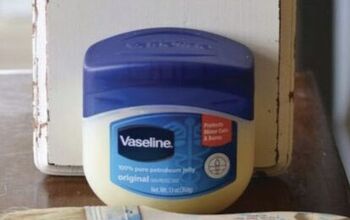
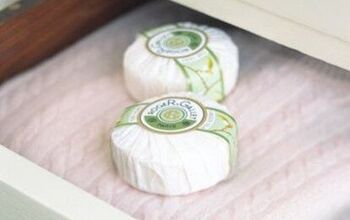

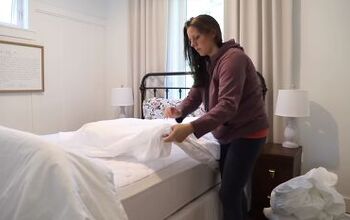

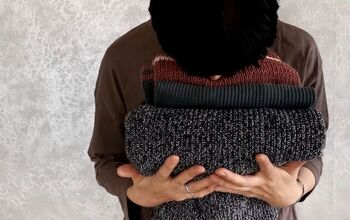

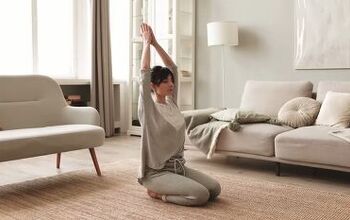
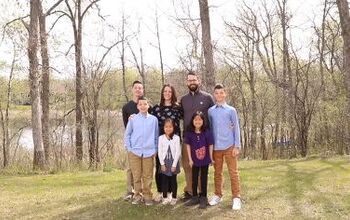


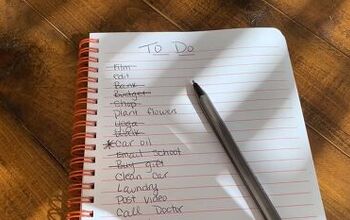

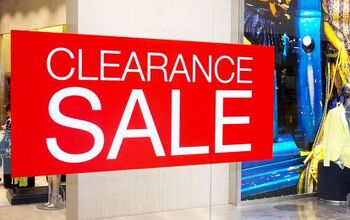


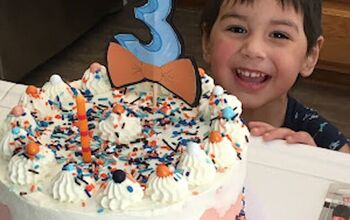
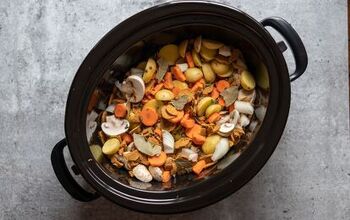
Comments
Join the conversation